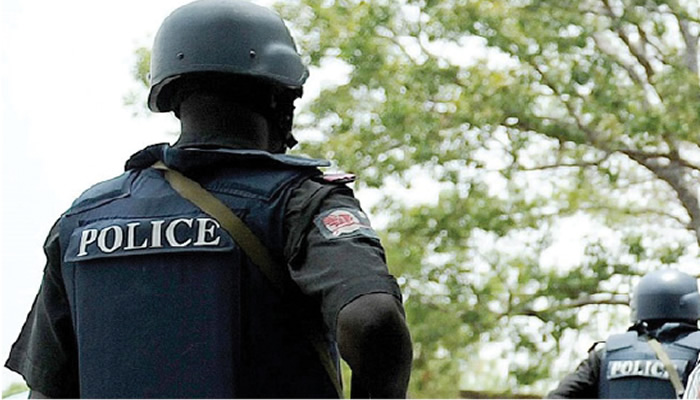News
Police Reveal EOD Training School In Borno

The Borno State police command on Tuesday inaugurated an Explosive Ordnance Disposal training school in Borno State.
Speaking during the ceremony in Maiduguri, the Commissioner of Police, who was represented by the Deputy Commissioner of Police, Ahmed Bello, said the facility, being the first in the region, would aid in training officers in handling explosives and ensuring public safety.
“You all are aware of how there have been frequent cases of explosions in Borno State.
“With this centre, our officers will learn better how to neutralise explosive threats,” he said.
Bello charged officers of the EOD unit to ensure the maintenance and effective use of equipment in the centre.
“This is not a threat, but you know there are consequences for lack of maintenance of this facility. As such, ensure it functions and it is maintained,” he warned.
He expressed gratitude to partners, including the United Nations, for their support through the Lake Chad Basin framework which assisted in realising the idea.
“Within the last 15 years, Nigeria has faced violent crimes involving explosives, mines and insurgency.
“This school is critical for training our officers to manage these threats,” he emphasised.
The representative of the office of the UN Mine Action Service, Edwin Faidmane, said Borno State was considered a suitable place for the project, considering its long-time experience with insurgency and the recent deaths recorded through explosions from EODs in the state.
He said the school features a water facility, a solar-powered energy system, air conditioning, advanced equipment for EOD training, and a hostel with a capacity of 60 beds.
“We encourage other organisations to utilise this facility. This will help in ensuring the safety of lives in the region,” he added.
A senior military advisor for the Lake Chad Basin Support Framework, Roger Fawcus, said the school would play a key role in the capacity development of personnel who will protect the region.




